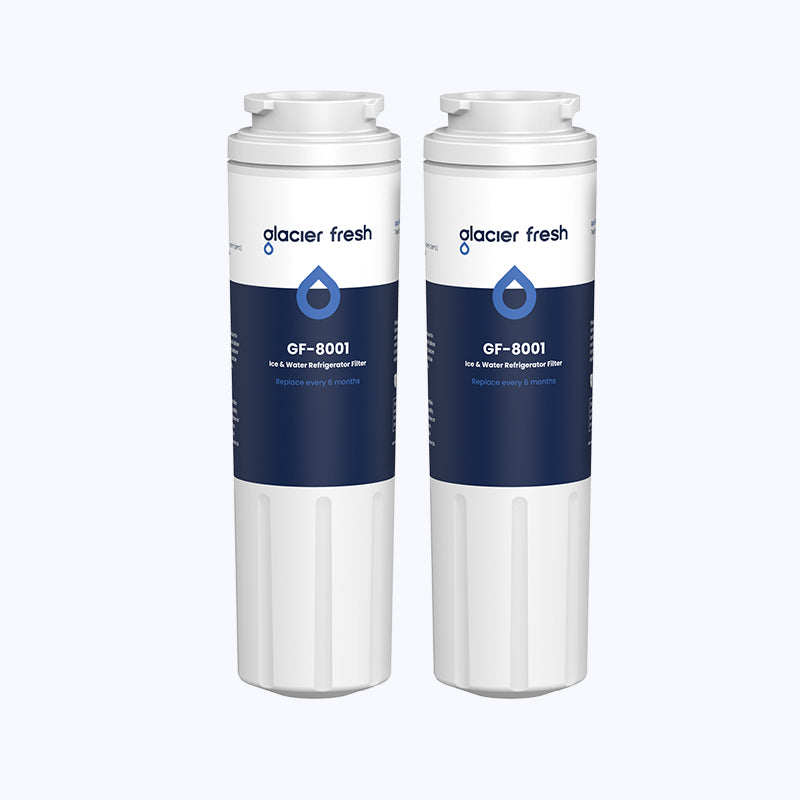In recent years, the concept of organic material utilization has gained significant traction in the realm of sustainable agriculture. This approach not only enhances soil health but also contributes to environmental conservation. But what exactly does organic material utilization entail, and how can it benefit agricultural practices globally?

Understanding Organic Material Utilization
Organic material utilization refers to the process of recycling organic waste, such as crop residues, animal manure, and compost, to enrich soil and promote plant growth. By returning nutrients to the soil, farmers can improve soil structure and fertility. This method is particularly beneficial in reducing the reliance on chemical fertilizers, which can have detrimental effects on the environment.
Benefits of Organic Material Utilization
- Improved Soil Health: Organic materials enhance the microbial activity in the soil, leading to better nutrient availability for plants.
- Water Retention: Soils enriched with organic matter can retain moisture more effectively, reducing the need for frequent irrigation.
- Carbon Sequestration: Utilizing organic materials helps capture carbon dioxide from the atmosphere, mitigating climate change.
- Reduced Waste: Recycling organic waste minimizes landfill contributions and promotes a circular economy.
Implementing Organic Material Utilization in Agriculture
Farmers can adopt various strategies to implement organic material utilization effectively. For instance, incorporating cover crops can enhance soil organic matter. Additionally, practicing crop rotation can further improve soil health and reduce pest populations. Have you considered how these practices could transform your agricultural methods?
Challenges and Considerations
While the benefits of organic material utilization are substantial, there are challenges to consider. Transitioning from conventional to organic practices may require initial investment and education. Farmers must also be aware of the potential for pathogens in organic waste, necessitating proper composting techniques. However, the long-term advantages often outweigh these initial hurdles.
Conclusion: The Future of Sustainable Agriculture
In conclusion, the utilization of organic materials in agriculture presents a promising pathway toward sustainability. By improving soil health, enhancing water retention, and reducing environmental impact, organic material utilization can play a crucial role in the future of farming. As we move forward, embracing these practices will not only benefit individual farmers but also contribute to global food security and environmental health.
For those interested in exploring more about sustainable practices, consider visiting  for innovative solutions in water treatment that align with sustainable agriculture.
for innovative solutions in water treatment that align with sustainable agriculture.








